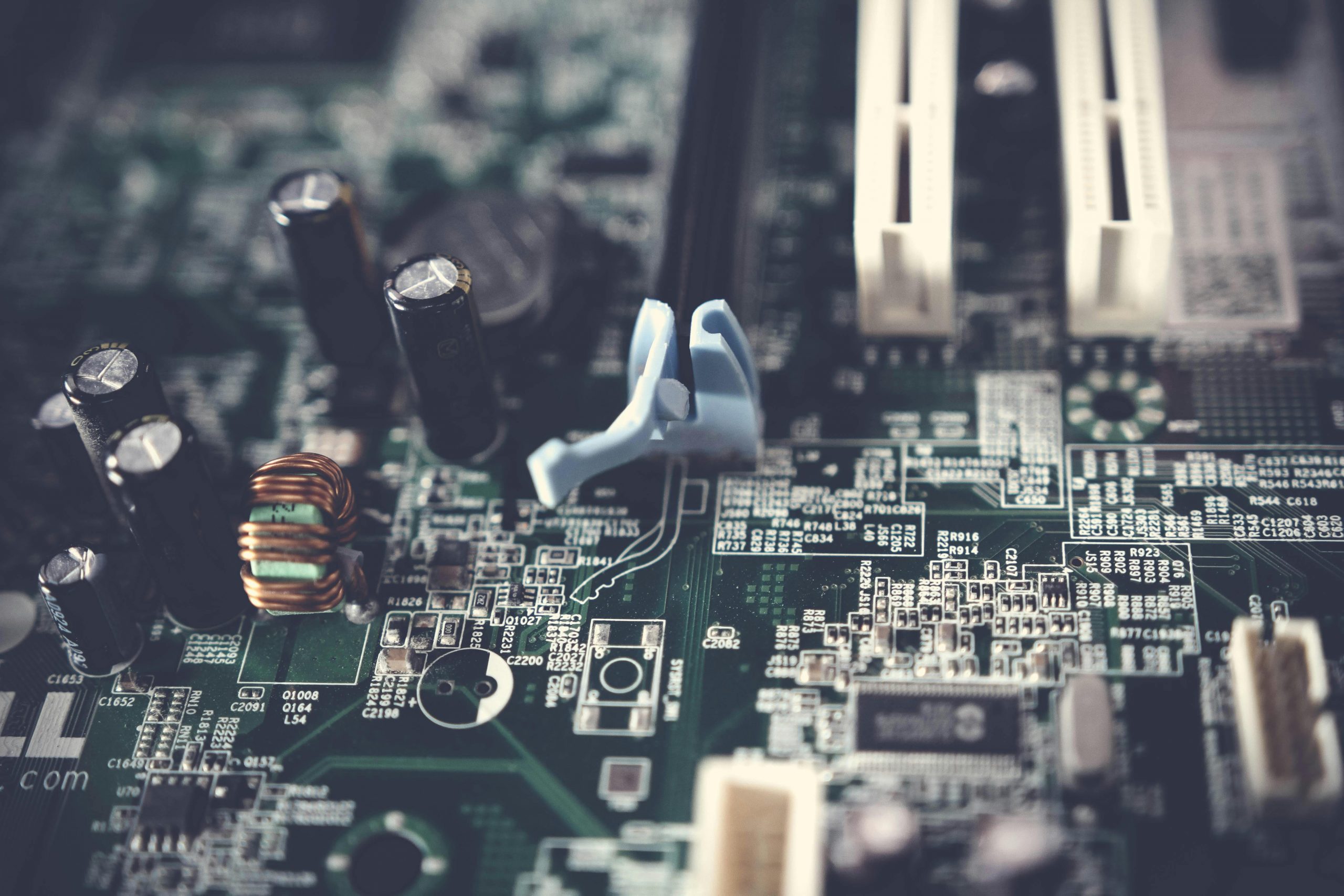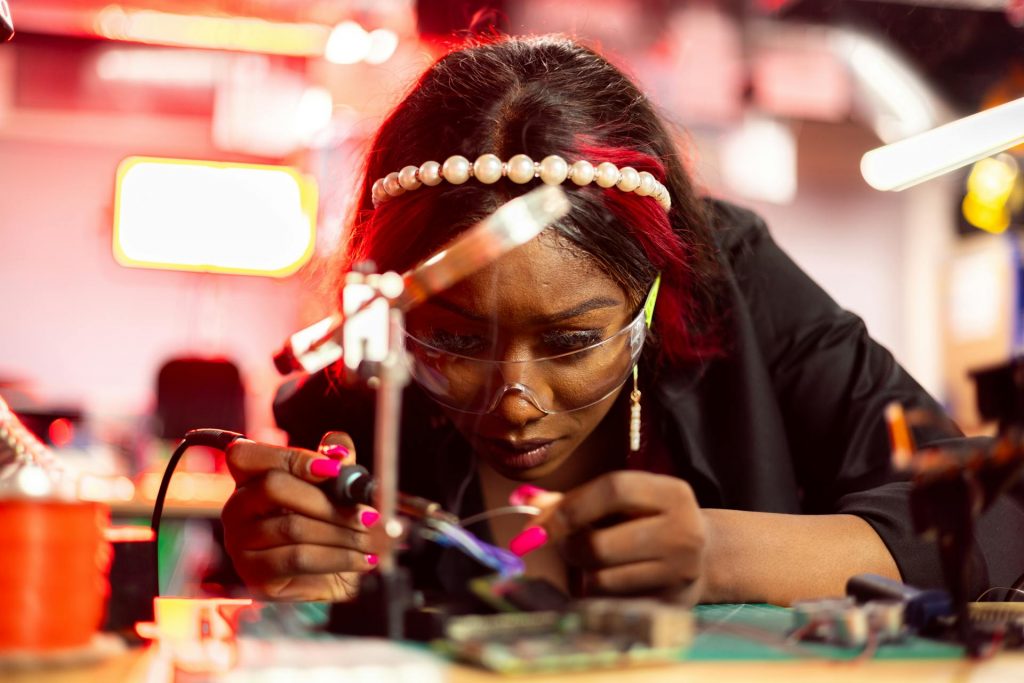The right tools are transformative for any tech aficionado. Whether you’re fixing, upgrading, or building devices, high-quality tools provide the necessary precision and reliability to deliver excellent results.
A comprehensive toolkit not only eases the process but also enhances enjoyment, giving you the confidence to dive into tech projects. Understanding which tools are crucial and why they are worth the investment is key to building a useful collection.
Semiconductor Storage Solutions
Proper storage is critical for anyone dealing with semiconductors, ICs, and sensitive components. These are prone to damage from static, dust, and environmental factors. Using anti-static bags and compartmentalized containers helps protect and organize these components effectively.
To ensure you have access to quality storage options and essential supplies, it’s wise to shop electronic components & tools from reputable sources. Using proven, high-quality materials ensures the protection of valuable parts. Investing in secure, anti-static storage not only saves time and money but also extends the life of your components and maintains an orderly workspace.
Basic Electronics Toolkit: A Must-Have Foundation
No tech toolkit is complete without the essentials, since these are the tools you will use most often. Screwdrivers, pliers, wire snippers, and anti-static wristbands are essential components of a dependable electronics toolkit. Precision screwdrivers are crucial for handling small components, where a standard screwdriver could harm screws or sensitive circuitry. Needle-nose pliers offer the precise control required for handling tiny components and wires, while wire cutters enable you to conveniently cut wires to an ideal length.
Anti-static wrist straps are indispensable for protecting electronics from static damage while you work. They’re essential when dealing with sensitive equipment like motherboards and RAM, helping maintain the integrity of semiconductor-based components.
Multimeters and Testing Equipment
Testing is an essential aspect of dealing with electronics, and a multimeter is among the most adaptable testing instruments you can possess. Multimeters gauge voltage, current, and resistance, offering essential insights into the electrical characteristics of your circuit. Using these measurements, you can diagnose problems, check connections, and confirm that components operate properly. Multimeters vary from basic types for simple tests to sophisticated ones with extra functionalities like digital readouts, temperature measurement, and data recording.
While multimeters handle basic tests, advanced tools like oscilloscopes provide deeper insights into electronics by displaying voltage changes over time. This is particularly helpful for complex circuits or pinpointing unusual problems, enhancing your diagnostic capabilities.
Soldering Kit: For Those Who Like to Build and Repair
A soldering set is vital for anyone keen on assembling or fixing electronics, enabling you to form solid connections. Prices vary from $35 to $149, and a basic kit includes a soldering iron, solder wire, and flux. Different soldering irons cater to various needs, from straightforward models to those with adjustable temperatures, crucial for sensitive components.
Flux is a critical, yet underappreciated component of soldering, helping in smoother, stronger connections by preventing oxidation. Applying flux before soldering enhances the solder’s manageability and the durability of connections. Regular soldering practice can vastly improve your skills, making it a valuable addition to your toolkit.
Hardware Essentials for DIY Builds
For DIY enthusiasts, basic items like screws, standoffs, and spacers are crucial, yet often overlooked. These components ensure everything fits together perfectly, whether you’re piecing together a custom PC, working on a robotics kit, or creating a gadget. Each component has a specific role; screws join parts securely, standoffs prevent short circuits by spacing out circuit boards, and spacers provide a solid mounting base.
Maintaining a varied hardware supply makes starting new projects easier, as you’ll have the right piece handy when needed. Keeping your supplies organized by size and type in labeled containers saves you time on complex projects, ensuring you’re always prepared.
Building Your Collection Over Time
Assembling a comprehensive set of tools is a gradual process, which is perfectly acceptable. Your collection tends to expand and adapt to your growing interests and the variety of projects you take on. More experience might lead you to acquire specialized tools or upgrade existing ones, focusing on quality rather than quantity can provide long-term benefits, making every project run smoother.
Start building your collection slowly as you learn more and enhance your skills. Each addition not only expands your possibilities but also enhances your ability to handle diverse projects effortlessly. A thoughtfully curated set of tools represents an investment in the quality and potential of your work.
Final Thoughts
Equipping yourself with the right gear makes any tech endeavor easier and more satisfying. Items such as semiconductor storage, multimeters, soldering sets, and essential hardware significantly enhance your work, boosting both precision and productivity.
Purchasing these crucial tools not only prepares you for immediate achievements but also lays a strong base for future endeavors. Regardless of your experience level in tech, having top-quality tools enables you to undertake, discover, and innovate confidently.








